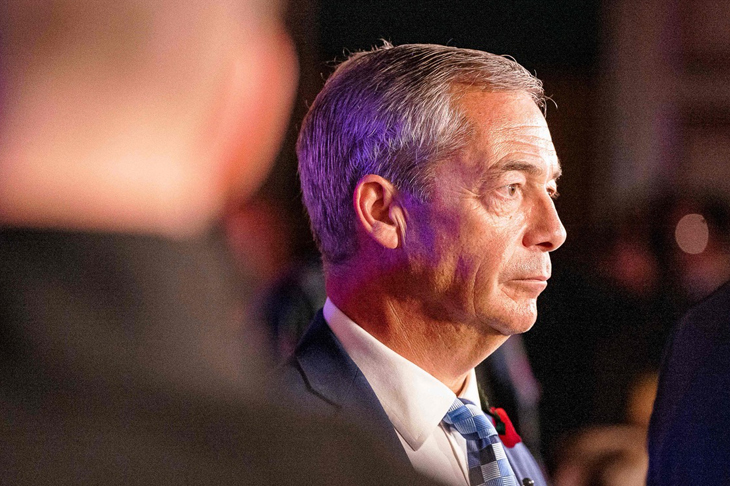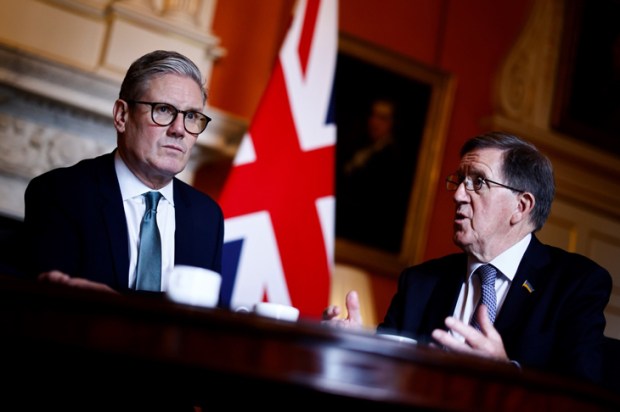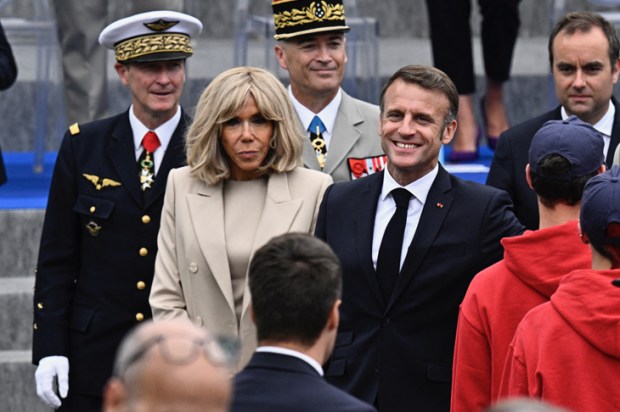The refusal in early November by the new Italian government to allow a ship with 500 illegal immigrants on board to dock at an Italian port underlines the importance of Brexit in the still continuing task for the United Kingdom of reclaiming sovereignty from the European Union.
The European Commission was critical of Italy’s stance and the French government denounced its conduct as ‘unacceptable behaviour’.
Already a subscriber? Log in
Subscribe for just $2 a week
Try a month of The Spectator Australia absolutely free and without commitment. Not only that but – if you choose to continue – you’ll pay just $2 a week for your first year.
- Unlimited access to spectator.com.au and app
- The weekly edition on the Spectator Australia app
- Spectator podcasts and newsletters
- Full access to spectator.co.uk
Or
Unlock this article
You might disagree with half of it, but you’ll enjoy reading all of it. Try your first month for free, then just $2 a week for the remainder of your first year.














Comments
Don't miss out
Join the conversation with other Spectator Australia readers. Subscribe to leave a comment.
SUBSCRIBEAlready a subscriber? Log in